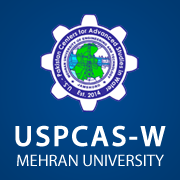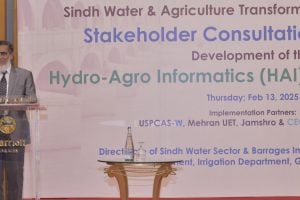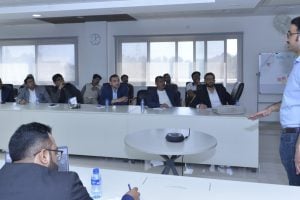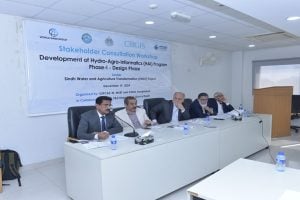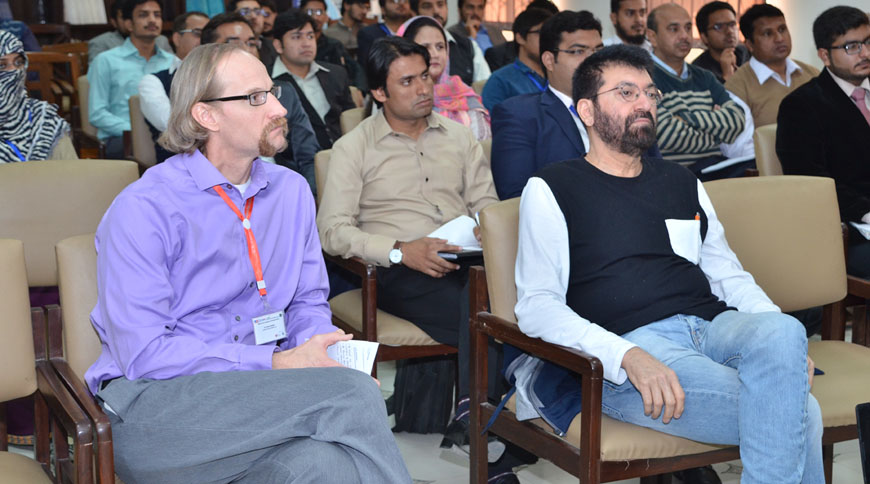
USAID Supports Student / Faculty Training Workshops as Part of USPCAS Project
Technical experts from University of Utah, Colorado State University and City University of New York are visiting Mehran University of Engineering & Technology, Jamshoro to support academic and institutional capacity development of Mehran University of Engineering and Technology (MUET) faculty under the auspices of U.S.-Pakistan Centers for Advanced Studies in Water (USPCAS-W).
In addition to long-term capacity building, University of Utah and MUET have embarked on training faculty members and students in educational best practices through series participatory seminars. Extensive boot camps have been organized for the most recent visit to focus on the key areas of teaching, research and writing. As this series of seminars also coincides with the conclusion of the first semester of the new degree programs USPCAS-W has launched; reflection on teaching, program achievements, and student learning outcomes will be incorporated into the discussions to help identify lessons learned and begin to compile best practices for the continued improvement of the Center.
The U.S.-Pakistan Center for Advanced Studies in Water was established at MUET with the financial assistance of USAID. The University of Utah is providing technical assistance to MUET in preparing the next generation of water sustainability leaders by improving MUET’s technical and institutional capacities in high quality education and applied research. The Center aims at producing 250 graduates and PhDs in water related disciplines by 2019 to work on water security challenges in Pakistan.
The USPCAS-W curriculum includes two new degree programs – Integrated Water Resources Management (IWRM), Water and Sanitation Engineering (WSE) and two significantly modified degree programs – Hydraulics, Irrigation, and Drainage (HID), Environmental Engineering (EnvEng). Three programs (IWRM, HID, EnvEng) have already begun with students enrolled in the fall 2015 semester. Fifteen new or significantly revised courses were delivered in the fall 2015 semester for more than 50 graduate students.

